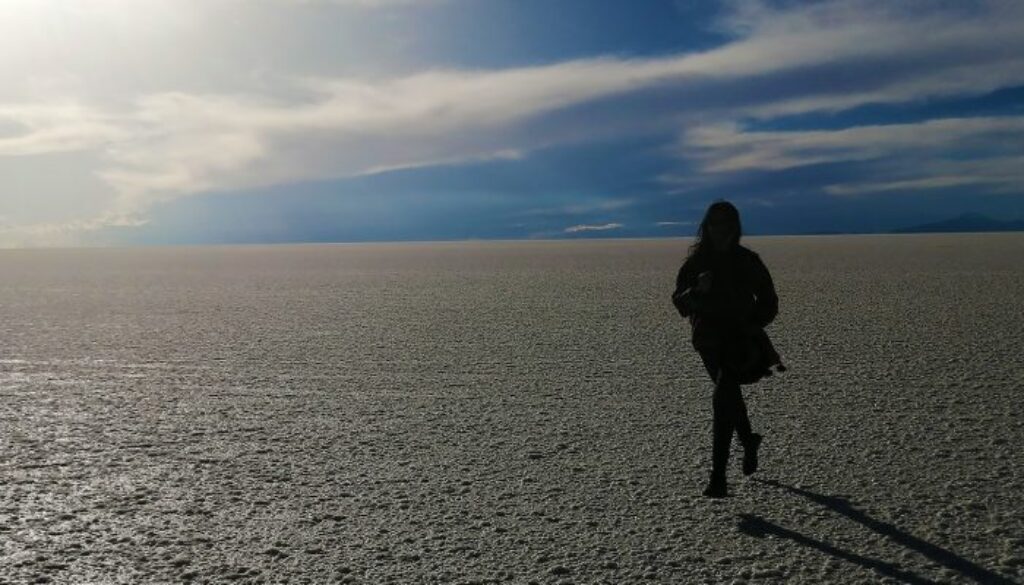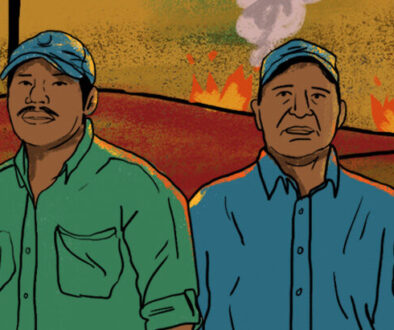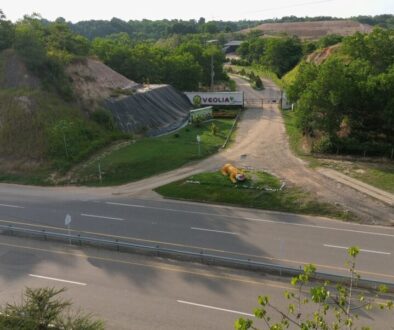Power, Participation, and the Price of Progress: Indigenous Rights and Lithium Extraction in South America
As the global transition toward renewable energy gains momentum, the spotlight has turned to lithium — a key mineral in electric vehicle batteries and energy storage technologies. The so-called “Lithium Triangle” of Argentina, Bolivia, and Chile (ABC) holds more than half of the world’s known lithium reserves, positioning these countries at the heart of a green industrial revolution. However, as the third bulletin of the Lithium and Human Rights initiative reveals, this green shift comes with deeply rooted social and environmental costs, especially for Indigenous communities.
What emerges from this bulletin is a vivid portrait of the complex and often contradictory role of the state in South America’s lithium boom. Governments in ABC countries are simultaneously promoters of foreign investment and stewards of human and environmental rights. Yet, this dual role increasingly tips in favor of extractivism, sidelining democratic processes, civic participation, and Indigenous rights.
In Argentina, President Javier Milei’s administration has ushered in an aggressive neoliberal agenda. Under the guise of economic recovery and debt reduction, the government has dismantled key protections for Indigenous territories. The repeal of the Indigenous Territorial Emergency Law in late 2024 opened the floodgates to forced evictions and weakened land claims — often in favor of extractive industries backed by the newly implemented Investment Promotion Regime (RIGI). This legal framework guarantees corporations exceptional benefits while minimizing regulatory obligations. Worse yet, it prioritizes corporate access to vital resources, such as water, over the needs of local populations, in clear contravention of international human rights standards.
Meanwhile, in Bolivia, the state has maintained a stronghold on lithium extraction through the public enterprise Yacimientos de Litio Bolivianos (YLB). Despite this ostensibly nationalist approach, major partnerships with Russian and Chinese companies — worth over a billion dollars — are underway, often without meaningful consultation with affected communities. Civil society and Indigenous groups continue to demand transparency and accountability, citing limited access to environmental impact information, the absence of independent scientific studies, and failures in free, prior, and informed consent. Local resistance, such as protests in Río Grande, underscores growing discontent with extractive projects that consume vast amounts of water in already fragile ecosystems.
Chile, often viewed as a leader in climate policy, presents its own contradictions. The country’s National Strategy for a Just Socio-Ecological Transition is ambitious in rhetoric but uneven in implementation. Indigenous groups from the Atacama region face encroachments on their ancestral lands under the banner of green development. The State’s own lithium strategy and the continued expansion of extractive projects, like those in the Salar de Maricunga, have triggered concerns over biodiversity loss and water scarcity. A 2022 Chilean Supreme Court ruling reinforced the importance of Indigenous consultation, but real-world practices still fall short of legal standards. Communities are often subjected to tokenistic consultations, pressured to accept short-term compensations that undermine long-term cultural and environmental sustainability.
A shared concern across all three countries is the shrinking of civic space. The ability of communities to participate meaningfully in decision-making is being eroded by legal reforms, coercive tactics, and the structural privileging of corporate interests. Even in Chile and Argentina — countries with relatively robust legal systems — policies are being reshaped to streamline investments rather than ensure justice. As highlighted in the bulletin, regional forums and advocacy platforms such as the UN Business and Human Rights Forum have become crucial arenas for civil society actors to push back against this trend and demand corporate accountability.
Importantly, the bulletin calls attention to the growing gap between international frameworks and local realities. Despite the commitments embedded in ILO Convention 169 and the Escazú Agreement, these are often ignored or poorly implemented. The result is an extractive model that undermines trust, exacerbates inequality, and perpetuates colonial patterns of resource exploitation.
Yet, amidst these challenges, there are signs of resistance and resilience. From legal battles in Argentina to participatory monitoring initiatives in Bolivia and strategic litigation in Chile, Indigenous communities and allied organizations are demanding a seat at the table — not just as stakeholders, but as rights-holders. These movements are not simply opposing lithium extraction; they are demanding a redefinition of what “green” and “just” transitions actually mean.
In conclusion, the transition to a low-carbon future must not replicate the injustices of the fossil fuel era. As this bulletin from the Lithium and Human Rights initiative—published by Observatorio Ciudadano—reveals, protecting civic space, upholding Indigenous rights, and ensuring transparency are not optional—they are essential. For the global green shift to be genuinely sustainable, it must be built on a foundation of democratic participation, ecological stewardship, and social justice.





